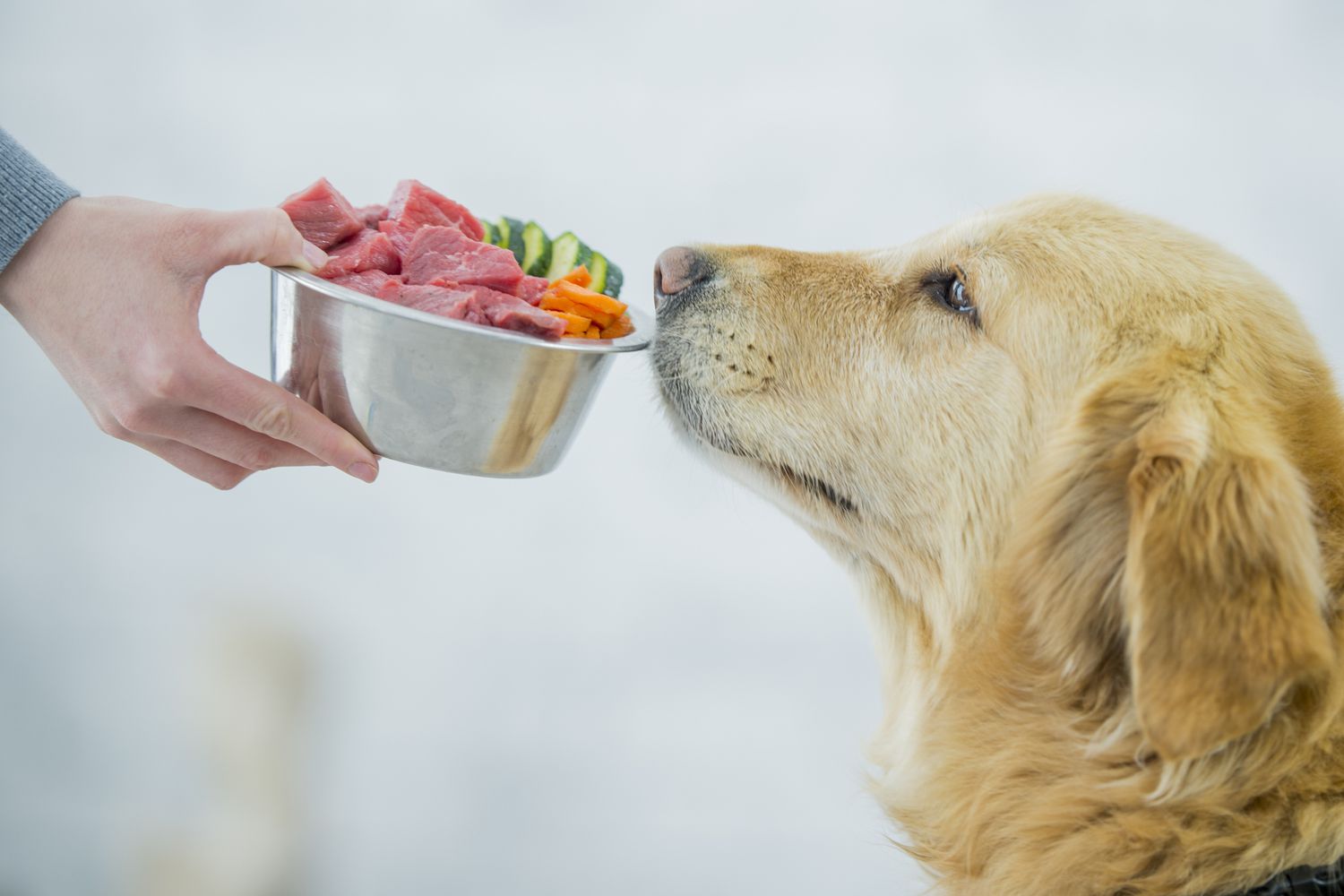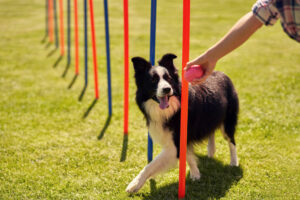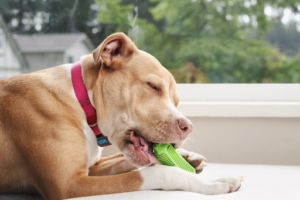A healthy diet is essential for our furry friends, just as it is for us. A well-balanced and nutritious diet can help to maintain your dog’s overall health, improve their digestion, boost their immune system, and maintain a healthy weight. However, with so many options available, it can be challenging to know which food to choose for your dog. That’s why it’s important to understand the importance of a healthy dog food diet.
Essential Nutrients
Dogs require a specific balance of nutrients to maintain good health, including protein, carbohydrates, fat, fiber, vitamins, and minerals. A healthy dog food diet should provide all of these essential nutrients in the right proportions to meet your dog’s unique needs.
Maintains a Healthy Weight
Obesity is a common issue among dogs and can lead to a range of health problems, including joint problems, respiratory issues, and even certain cancers. Feeding your dog a healthy diet that is appropriate for their activity level and life stage can help to maintain a healthy weight and reduce the risk of obesity-related health issues.
Improves Digestion
A healthy diet that is high in fiber can help to regulate digestion and prevent digestive issues such as constipation, diarrhea, and bloating. Fiber can also help to keep your dog feeling full, reducing the risk of overeating and weight gain.
Boosts the Immune System
A well-balanced diet that is rich in vitamins, minerals, and antioxidants can help to boost your dog’s immune system, reducing the risk of illness and infection. It can also help to slow down the aging process and maintain good health into old age.
Supports Overall Health
A healthy diet that provides all the essential nutrients your dog needs can help to support overall health and wellbeing. It can improve energy levels, support joint health, maintain healthy skin and coat, and support healthy vision and hearing.
In conclusion, a healthy dog food diet is essential for maintaining good health and wellbeing in our furry friends. It is important to choose food that is appropriate for your dog’s life stage, breed, and activity level, and to avoid feeding them table scraps or human food. Consult with a veterinarian to determine the best diet for your individual pet’s needs.







